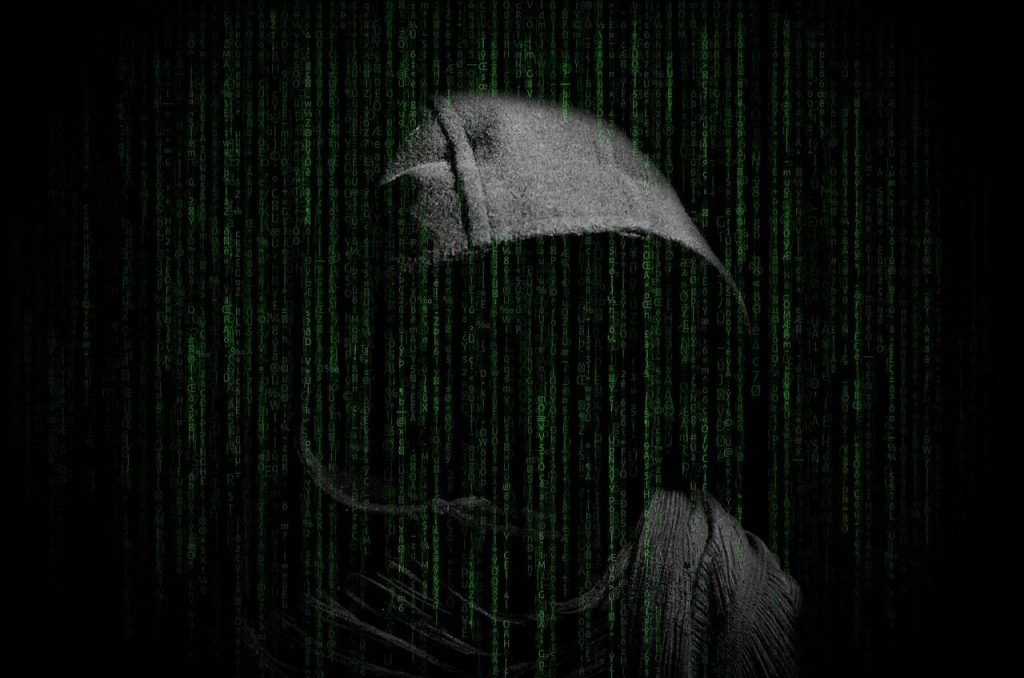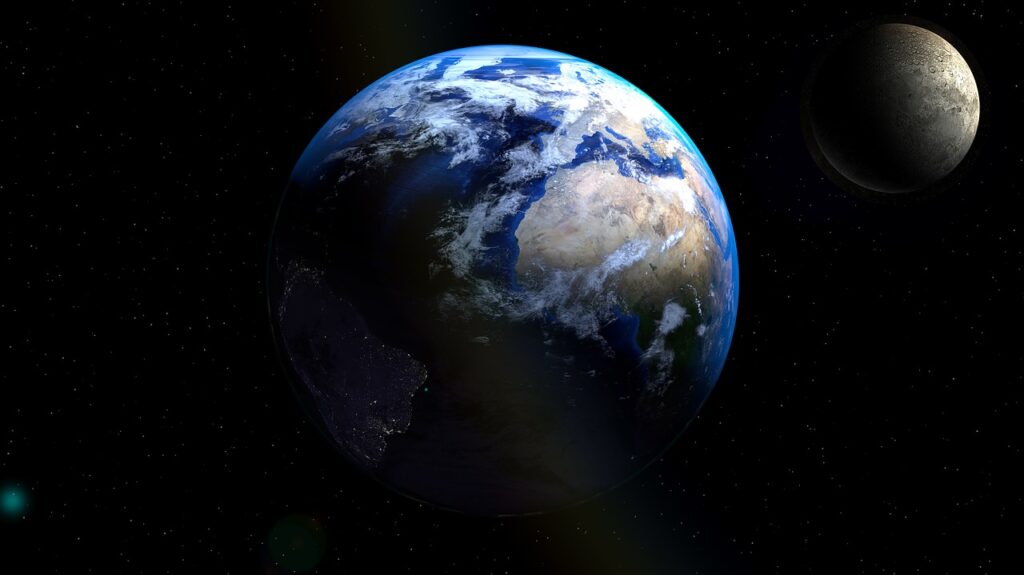A recent book by Naomi Oreskes, a geologist and history of science professor, asks the question “Is science trustworthy?”
Oreskes is known for her critical studies of sunscreen and birth control, as well as her work in climate change. Her work has been translated into five books, including a forthcoming book about Cold War oceanography. In this book, she examines the five pillars of science and the “Red State Pledge.”
The authors of Is Science Trustworthy, who are scientists themselves, respond to criticism in a frank and civil way. In the final chapter, they argue that the science of evolution and climate change is trustworthy. They also discuss the risks of misinformation and the lack of clear signals in the media. However, the authors are clearly adamant in defending their work, and the book is worth a read. But, it’s not without its flaws.
The model of scientific trustworthiness illustrates the difficulties of evaluating scientific claims. Despite the importance of consensus, a consensus of experts is not necessarily a reliable indicator of truth. Even if the results of a study are overwhelmingly positive, their quality is not sufficient to make it trustworthy. The problem is that the consensus of scientists is too high. Moreover, scientific publications may not be objective and therefore not reliable. As a result, many people will believe them. But, there are no reliable standards that define what science is and what it’s not.
Furthermore, science can be less trustworthy than you think. This is because of the increasing pressure for researchers to produce positive results and a higher false positive rate. Moreover, the declining availability of funding has a negative impact on the trustworthiness of published science. In addition, many scientists are not aware of the fact that the scientific community is highly prone to skewed results. The lack of unbiased, objective research methods has led to a decrease in the number of publications and publications.
The model identifies the factors that make science trustworthy. For example, the false positive rate is higher when there are fewer funding opportunities for scientists. It also has a high rate of false positives when the scientific community has little confidence in the findings. In this sense, the model is not a perfect model of science. The key is to recognize the flaws in the methodology of a scientist and how they create more honest and effective research.
One of the biggest problems with the COVID scandal is that some scientists have lied about their work. These scientists are not telling the truth. Moreover, the scientific community must be able to trust their findings. This is the only way to ensure that they are reliable. The federal procurement process offers this opportunity to implement controls on the indefinite future of human life. But is science really as trustworthy as it claims to be? The process of scientific research is complex and needs a rigorous foundation to avoid bias.
The scientific community has a long history of trustworthiness. While the majority of scientists believe in the validity of their work, there are also cases when this approach is not appropriate. This is because the media are often eager to report news that surprises people. As a result, the results of scientific research are not necessarily accurate. The findings of a study can be biased. But the credibility of a researcher depends on the validity of his or her research.
The author claims that the social character of science is a critical part of what makes science trustworthy. Its sustained engagement with the world and the social nature of scientists make science trustworthy. The book includes several social scientists who evaluate the reliability of scientific findings. In the end, it may be difficult to identify the exact method of scientific research. This is why, in the first chapter, Oreskes presents an illustrative example of this phenomenon.
Although a consensus of experts can be misleading, it is important to acknowledge that this is not the case in all cases. Some scientists, in particular, may make false claims to gain credibility for their research. This is not the best way to promote science. While this can be detrimental to the credibility of scientific work, it also undermines the trustworthiness of the entire enterprise. The key is to make sure that all scientists are genuinely trustworthy.
















